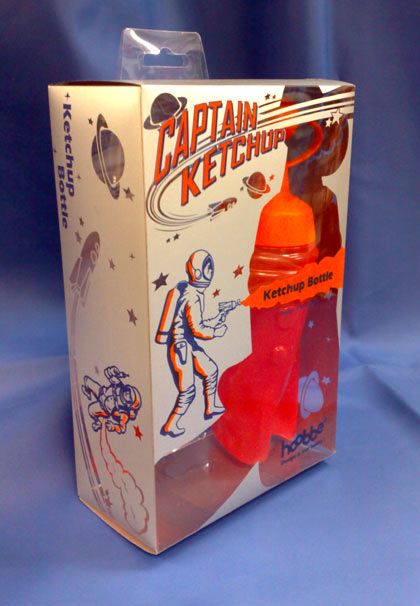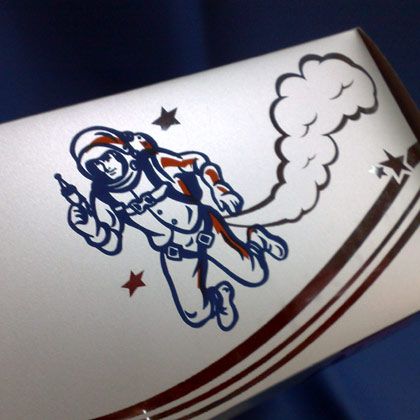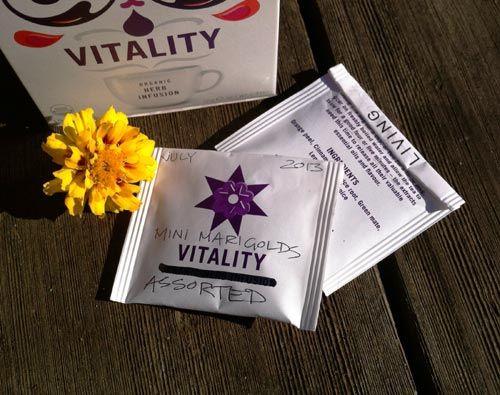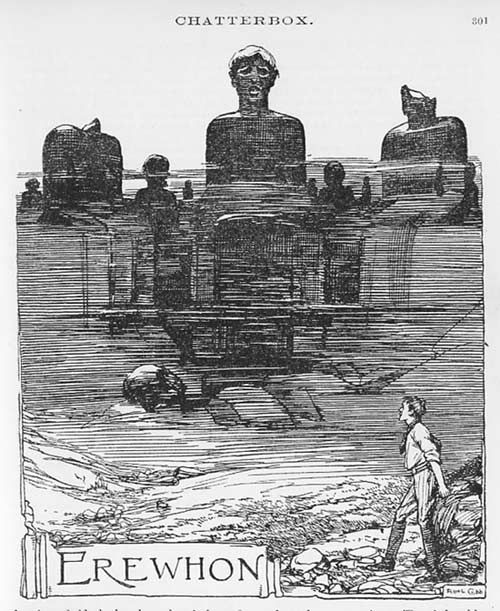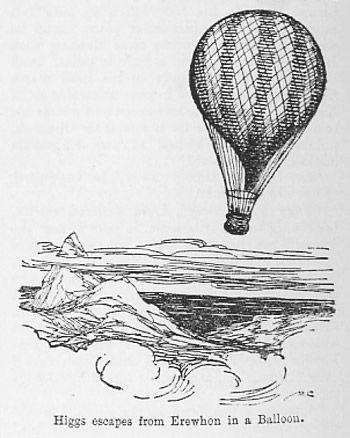I tried reading some of the back story but it still didn't make sense. I understand that they must have been happy to see each other. I wasn't aware that heterosexual men used to kiss each other on the mouth at all, let alone for this reason. That said, my knowledge of medieval history could be written on a large postage stamp in small letters.
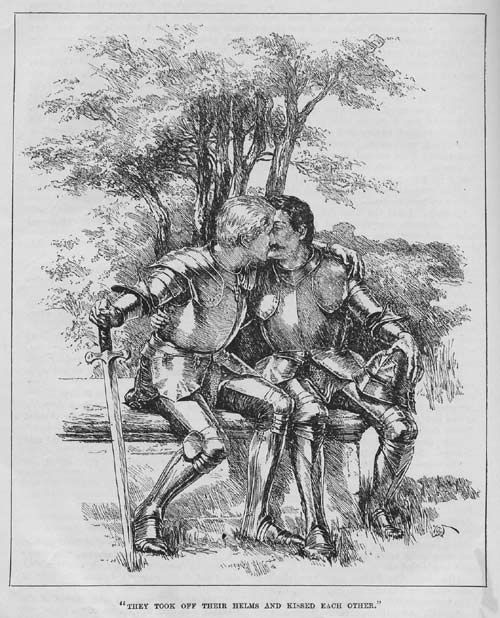
"They took off their helms and kissed each other"
Sir Tristram of Lyonesse
'...At last the knight clad in white spoke, and said:
"Knight,thou fightest wonderfully well, as ever I saw knight, therefore, if it please you, tell me your name."
"Sir," said Sir Tristram, "I am loath to tell any man my name."
"Truly," said the stranger, "if ever I were required, I was never loath to tell my name."
"It is well said," quoth Tristram; "then I require you to tell me your name."
"Fair knight," said he, "my name is Sir Lancelot of the Lake."
"Alas," said Tristram, "what have I done? For you are the man in the world I love the best."
"Fair knight," said Sir Lancelot, "tell me your name."
"Truly, my name is Sir Tristram."
"Oh," said Sir Lancelot, "what adventure is befallen me!" ...
...Then forthwith they went to the tombstone, and sat down on it, and took off their helms, and kissed each other. And afterwards they rode to Camelot.'
Image by A.G. Walker (sculptor). Text from Sunday Reading for the Young, Wells Gardner, Darton and CO, London 1905
